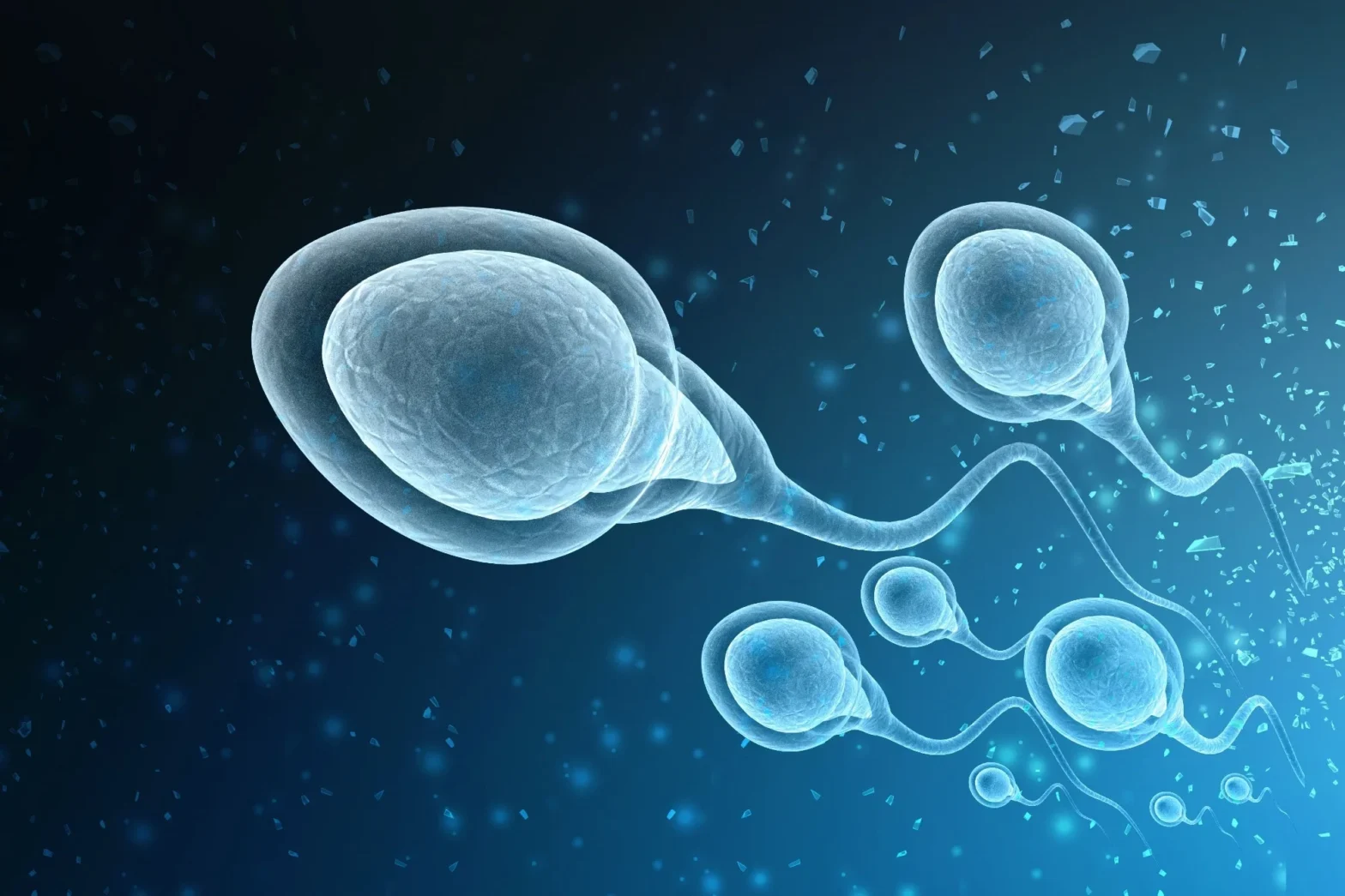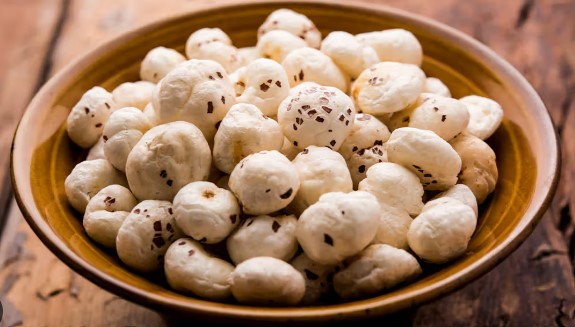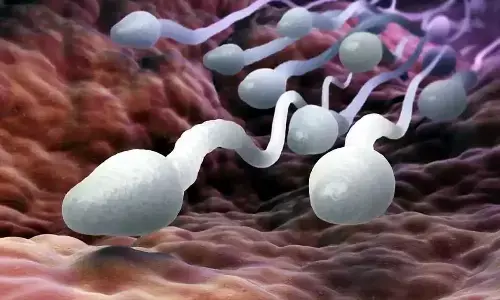Every year, I have a lot of patients who approach me seeking treatment for infertility. For most of them, Ayurveda is the last option after having tried every other treatment and not finding a result. Many are often surprised that there are no invasive procedures and yet Ayurveda can help them find their way to boost fertility. About 1 in 6 people around the world experience infertility. Some of the main reasons include stress, poor diet, sedentary lifestyle, etc. Ayurvedic conception treatment includes correcting all these factors to boost fertility and to prepare the body for conception. In this blog, let us delve deeper into how Ayurveda helps boost fertility. Understanding Fertility in Ayurveda In Ayurveda, fertility is considered to be the obvious result of a harmonic body and mind. It is integral to our physical, mental and emotional state. According to the ancient scriptures, the body’s Doshas, Agni and Dhatus, when in harmony, become the reason for improved reproductivity. Fertility Determiners in Ayurveda The concepts of Ojas, Shukra Dhatu, and Prakriti are connected with reproductive health. Ojas represents the essence of vitality and immunity within an individual. Shukra Dhatu is the reproductive tissue that is responsible for the formation of sperm in men and ovum in women. Prakriti is the unique body of each person and determines the requirements for reproductive health. Factors Affecting Fertility Several factors could affect fertility, such as: Eating habits: Poor nutritional intake, processed food, spicy and junk foods could affect reproductive health too. Lifestyle and stress: With today’s hectic schedules, higher stress and unhealthy lifestyle adversely affect fertility levels. Other health conditions: Conditions like polycystic ovary syndrome (PCOS), endometriosis, and low sperm count could affect the fertility levels. Ayurvedic Approach to Enhancing Fertility Ayurveda offers a holistic approach to enhancing fertility, focusing on balancing the Doshas, strengthening Agni and nourishing the Dhatus. Here are some key Ayurvedic practices to boost fertility. Dietary Recommendations To enhance fertility, one should surely manage their diet. Below, you will find lists of foods that one should either include or exclude from their diet: Eat Sattvic food: Fresh, organic and easily digested products help to balance the Doshas and enhance Agni. This group includes fruits, vegetables, whole grains, nuts, seeds and dairy products. Avoid Ama-producing food: One should avoid processed products, too much sugar, caffeine and alcohol as they take time to digest. Undigested food, consequently, turns into Ama (toxins). As a result, the accumulation of Ama weakens the Agni and, in turn, causes diseases. Avoid excessive salty and spicy foods: Such foods can aggravate your Pitta Dosha, causing Dosha imbalance that in turn affects your fertility. Foods to enhance fertility: You can have almonds, walnuts, ghee, milk, sesame seeds, and dates, but in moderation. Kapha and Pitta: Encourage the use of light food in Kapha-type patients and refreshing tastes for Pitta. Vata: Avoid raw, dried food. Use good fats, like ghee. These are some general suggestions. Ayurveda does not follow a one size fits all approach. Every person is unique. So the diet for each person differs, primarily based on their Prakriti, Dosha imbalances, health conditions and more. You can consult an Ayurvedic doctor to determine your Prakriti and Dosha imbalances and to help you plan a diet that aligns with your preferences. Herbal Medicines for Fertility In my conception treatment, herbal medicines are given to the couple to treat any underlying health conditions, improve their strength and immunity and also to enhance their reproductive health. The medicines are prescribed based on the couple’s Prakriti, Dosha imbalancers and health conditions. I do not prescribe any medicines that have strong herbs like Shatavari, Ashwagandha, or Shilajit; moreover, I also avoid those with heavy metals as ingredients. Their continuous usage can have side effects. Panchakarma therapy This detoxification therapy rejuvenates the body by flushing out toxins and besides balancing the Doshas. It helps heal from any underlying health conditions and furthermore resets the body and mind, making it capable for conception. Panchakarma has 5 cleansing procedures – Vamana, Virechana,Nasya, Kashaya Vasti and Sneha Vasti. These therapies cleanse the body, improve digestion and also, promote health and longevity. Lifestyle Modifications Maintaining a healthy lifestyle is equally important to enhance your fertility. Manage stress: Practices like yoga, meditation, and pranayama (breathing exercises) can help reduce stress and improve mental clarity, which are crucial for fertility. Regular exercise: Engage in regular physical activity; consequently, this helps to maintain a healthy weight and improve circulation, which, in turn, supports reproductive health. Sleep quality: Ensure you get adequate, restful sleep to support overall well-being and hormonal balance. Avoid bad habits: Smoking and consuming alcohol can have an adverse effect on your fertility. So, it’s better to quit. Ayurveda says that having a healthy mind is really important for being able to reproduce whether it’s male or female. Doing things like being mindful, writing in a journal, and spending time outside in nature can make your mind feel calm and less stressed. These activities increase mental strength and hence reproductivity. Following a daily routine or Dinacharya will also bring discipline and consistency in your life. Importance of Balanced Doshas Balanced Doshas are crucial for reproductive health. Each individual has a unique Prakriti, which is their natural constitution of the three Doshas: Vata, Pitta, and Kapha. Imbalances in these Doshas can affect fertility. Vata imbalance: Can lead to irregular menstrual cycles and anxiety, affecting conception. Pitta imbalance: Can cause inflammation and hormonal imbalances, impacting fertility. Kapha imbalance: Can result in weight gain and sluggish metabolism, hindering reproductive health. By identifying and correcting Dosha imbalances through diet, lifestyle changes, and Ayurvedic treatments, you can, therefore, enhance fertility and, consequently, increase the chances of conception. Practical Tips for Enhancing Fertility Here are some practical tips that… Continue reading How to Boost Fertility With Ayurveda?
How to Boost Fertility With Ayurveda?




